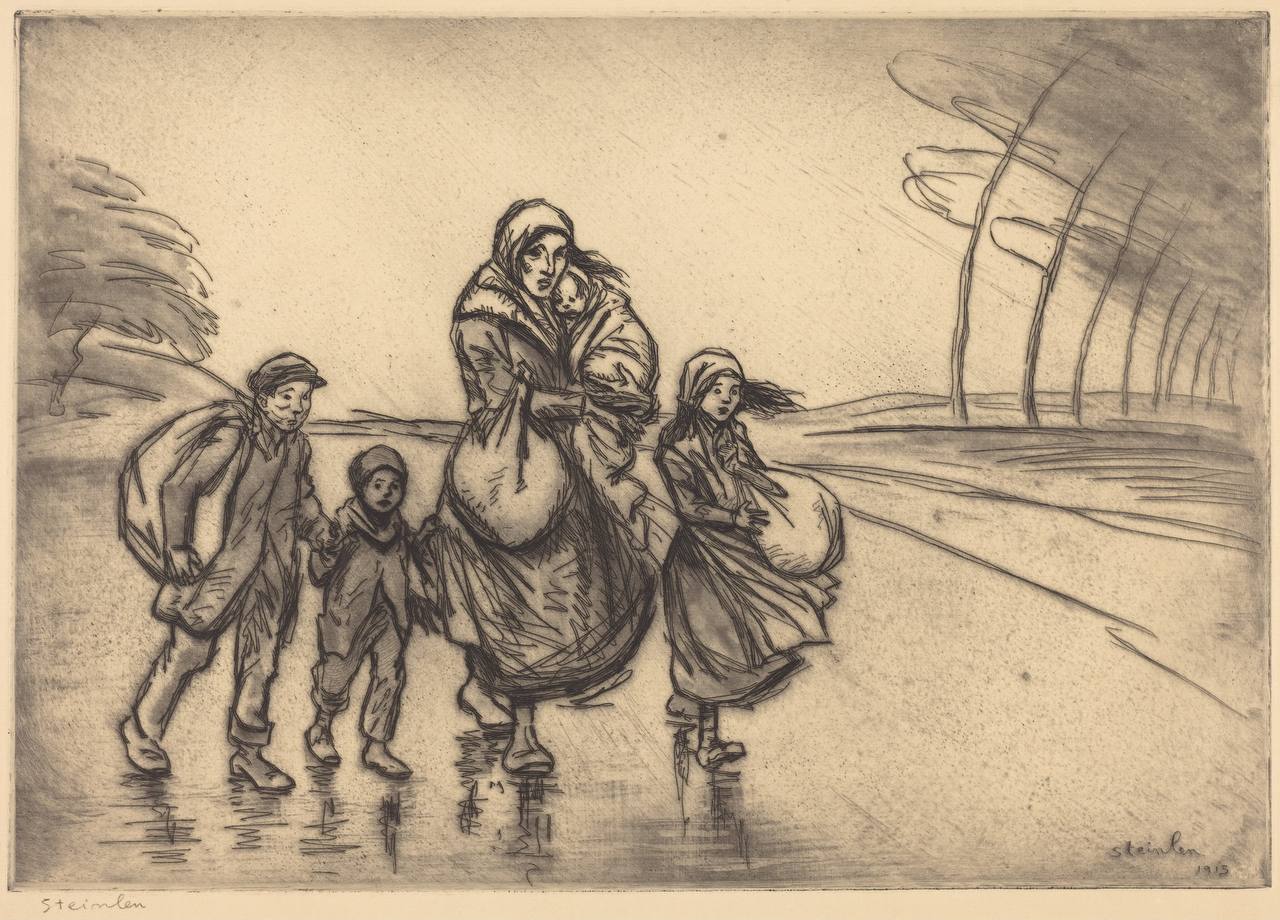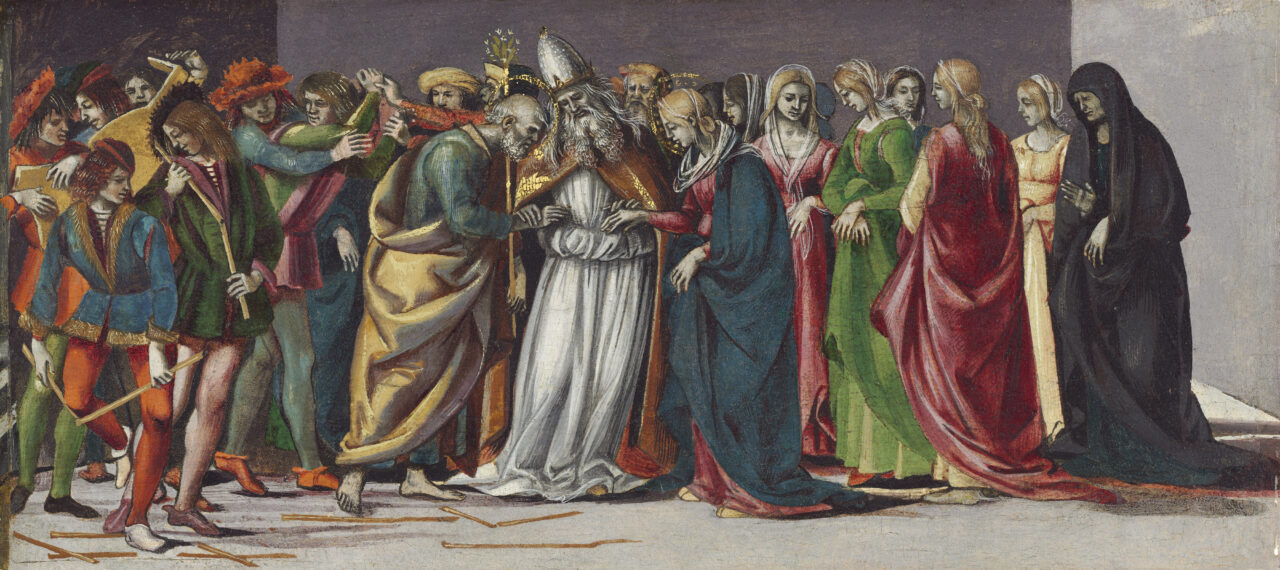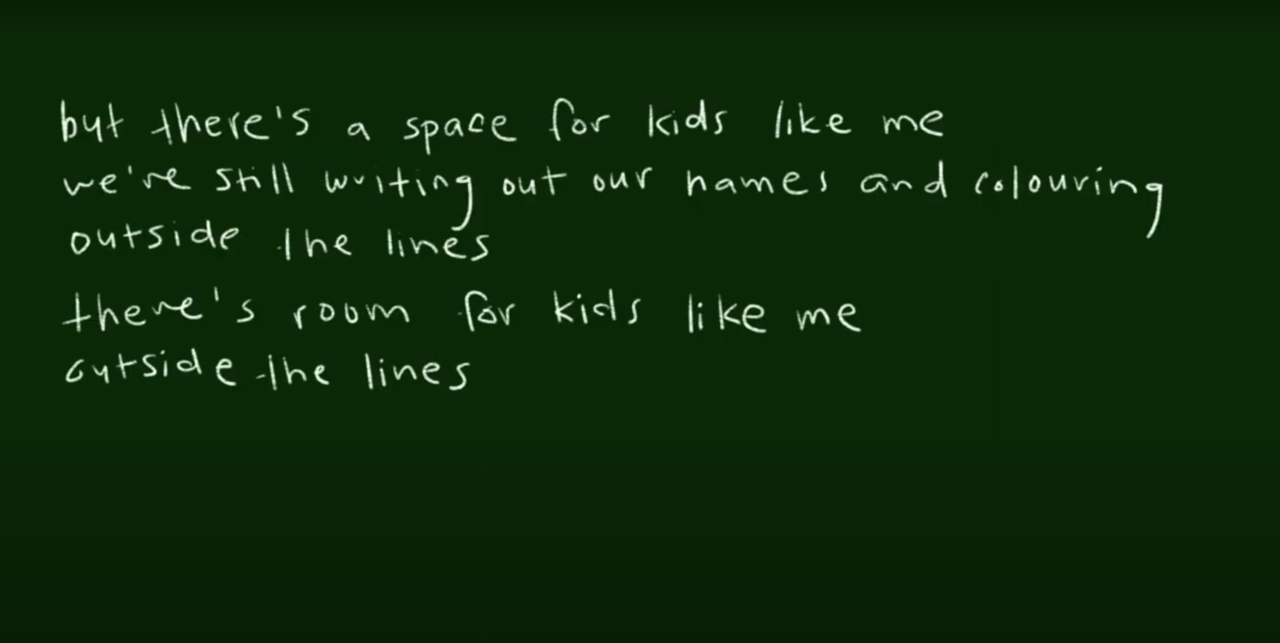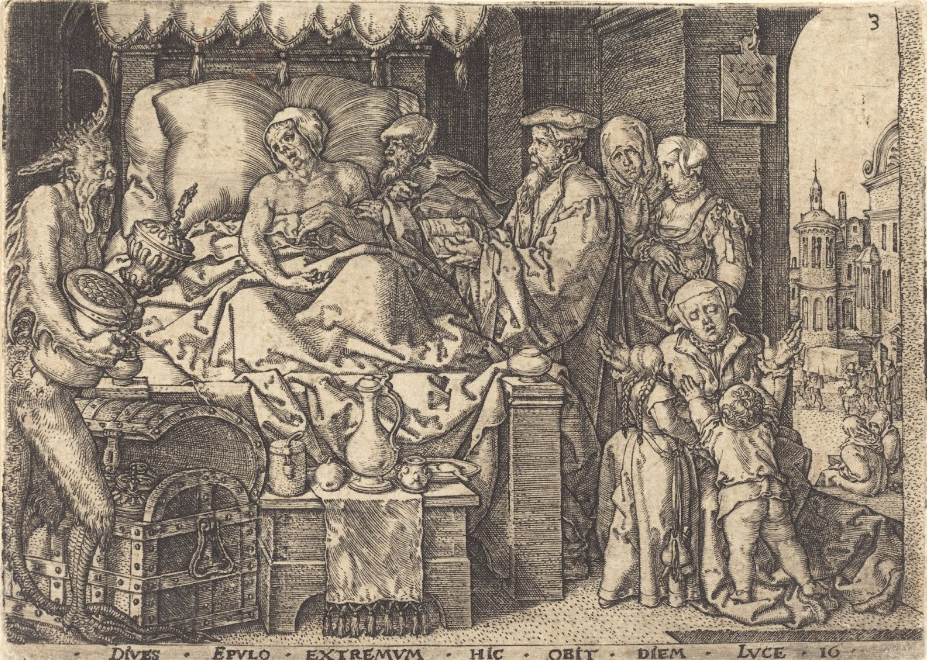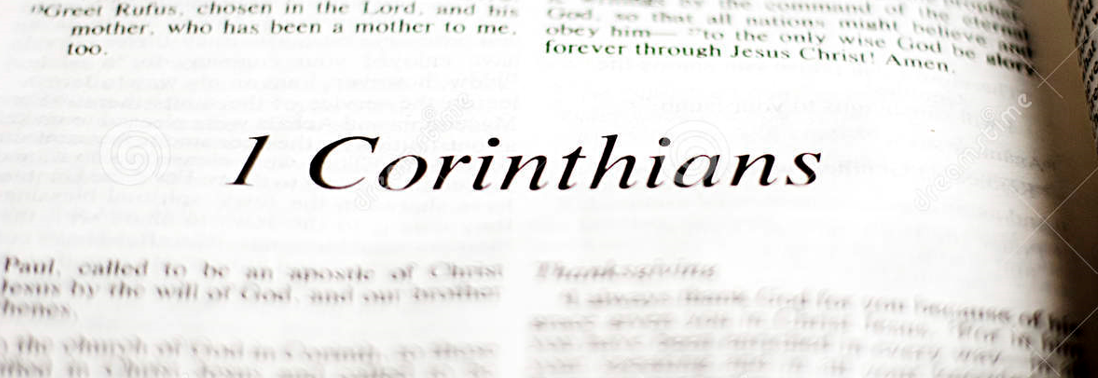Category: Christianity
-

Ut Unum Sint
“The Council, for its part, considered the Churches of the East with objectivity and deep affection, stressing their ecclesial nature and the real bonds of communion linking them with the Catholic Church. The Decree on Ecumenism points out: ‘Through the celebration of the Eucharist of the Lord in each of these Churches, the Church of…
-

Greed, Sloth, and Welfare
Welfare is a common controversial topic in the modern age. It’s noble to sympathize with the downtrodden, to accommodate those who cannot provide for themselves. Charity is a universally loved virtue for good reason: a voluntary act of benevolence warrants merit. Mandated charity (in this case, welfare), on the other hand, tends to discomfort the…
-

The Rains
I want to share what happened to me a few weeks ago. Here in northern California, we’ve had an extremely wet winter; storms have been “on” more than they’ve been “off.” In an evening of respite, while expectant clouds painted the night sky, I visited the old town grocery store to fetch my daily bread.…
-

Cross-Generational Relationships
So Elijah went from there and found Elisha son of Shaphat. He was plowing with twelve yoke of oxen, and he himself was driving the twelfth pair. Elijah went up to him and threw his cloak around him. Elisha then left his oxen and ran after Elijah. “Let me kiss my father and mother goodbye,”…
-

Unity: God or the Church?
Unity in the church is a very important notion, especially now. It’s the champion concept of nondenominational churches, and particularly applicable to the fragmented sects of Protestantism. Even so, I consider it one of the most misused and abused concepts in the faith. I’d like to bring one case in point to the forefront. I…
-

-

Pruned Branches and Full Silos
The skies were smoky orange last week. That doesn’t have anything to do with today’s piece; I figured it was worth denoting. I love living in California. About a month prior, I listened to a sermon on Luke 12:13-21. While I haven’t tackled this chapter specifically, its themes echo through articles I’ve already written (“Salvation…
-

Usury in the Modern World
This is the final part of a three-part series in which I speak about ethical investing from a Catholic perspective (though there is a debate!) This series was prompted by an interview of Jacob Imam with Pints With Aquinas. In my first article, I addressed the question of ethical investing and how the USCCB has…
-

Five Tips for Handling Agnostics
Tonight was tiring. I was reviewing James 3 with my bible study. We had moved into the lounge of the host church’s foyer, which someone had already occupied. I wanted to discuss how James’s critique of the tongue was contextualized with a preface on teachers, and how his analogies for the tongue controlling the body…
-

1 Corinthians 13 interpreted
1 “If I speak with the tongues of mankind and of angels, but do not have love, I have become a noisy gong or a clanging cymbal. 2 If I have the gift of prophecy and know all mysteries and all knowledge, and if I have all faith so as to remove mountains, but do…



